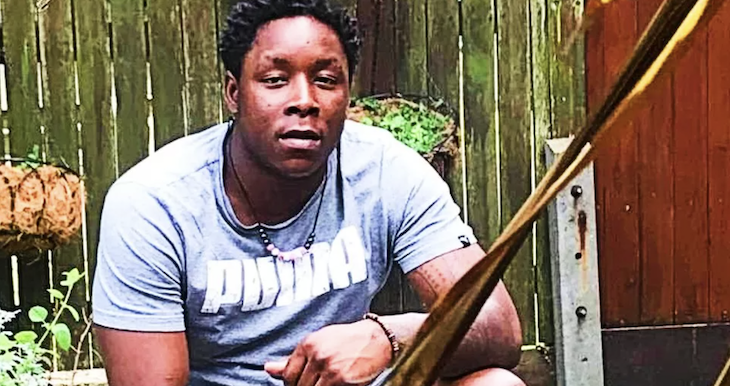The horror of the crimes of Joshua Jacques, who murdered his girlfriend and three members of her family in south London while high on drugs, is made all the worse because Jacques should never have been free to kill. The 29-year-old, who was jailed for life last week for the brutal murder of his partner Samantha Drummonds, her mother Tanysha, her grandmother Dolet, and her grandmother’s partner, Denton, in April 2022, had a string of convictions, including for drug offences and robbery.
Already a subscriber? Log in
Subscribe for just $2 a week
Try a month of The Spectator Australia absolutely free and without commitment. Not only that but – if you choose to continue – you’ll pay just $2 a week for your first year.
- Unlimited access to spectator.com.au and app
- The weekly edition on the Spectator Australia app
- Spectator podcasts and newsletters
- Full access to spectator.co.uk
Or




















Comments
Don't miss out
Join the conversation with other Spectator Australia readers. Subscribe to leave a comment.
SUBSCRIBEAlready a subscriber? Log in